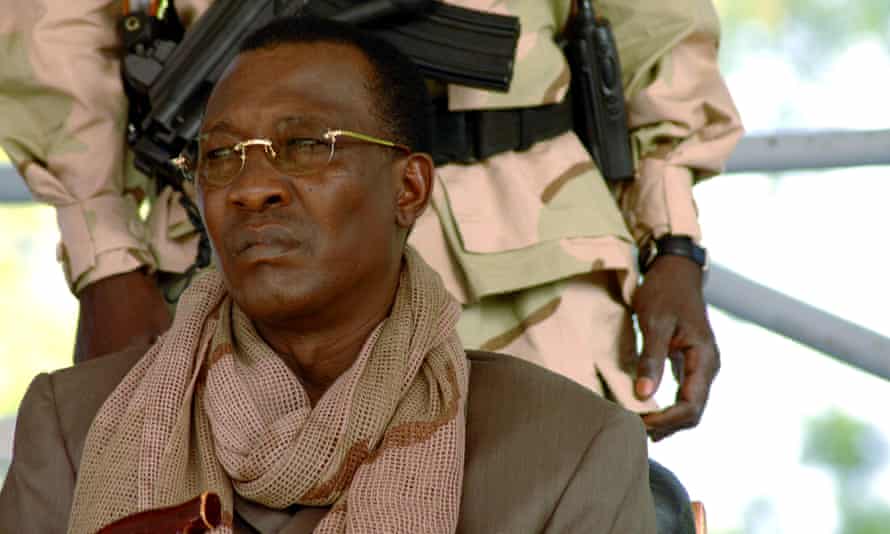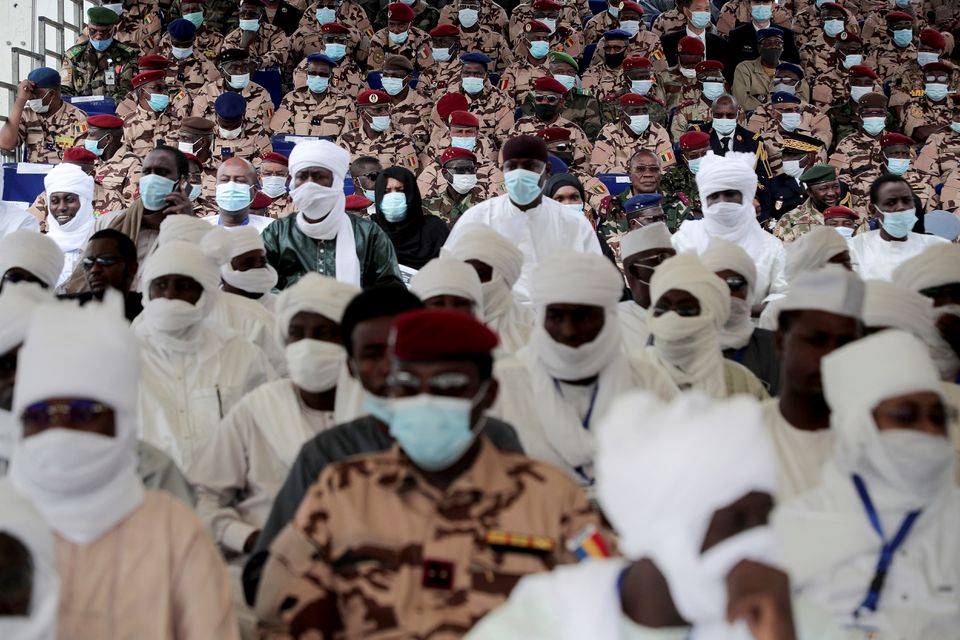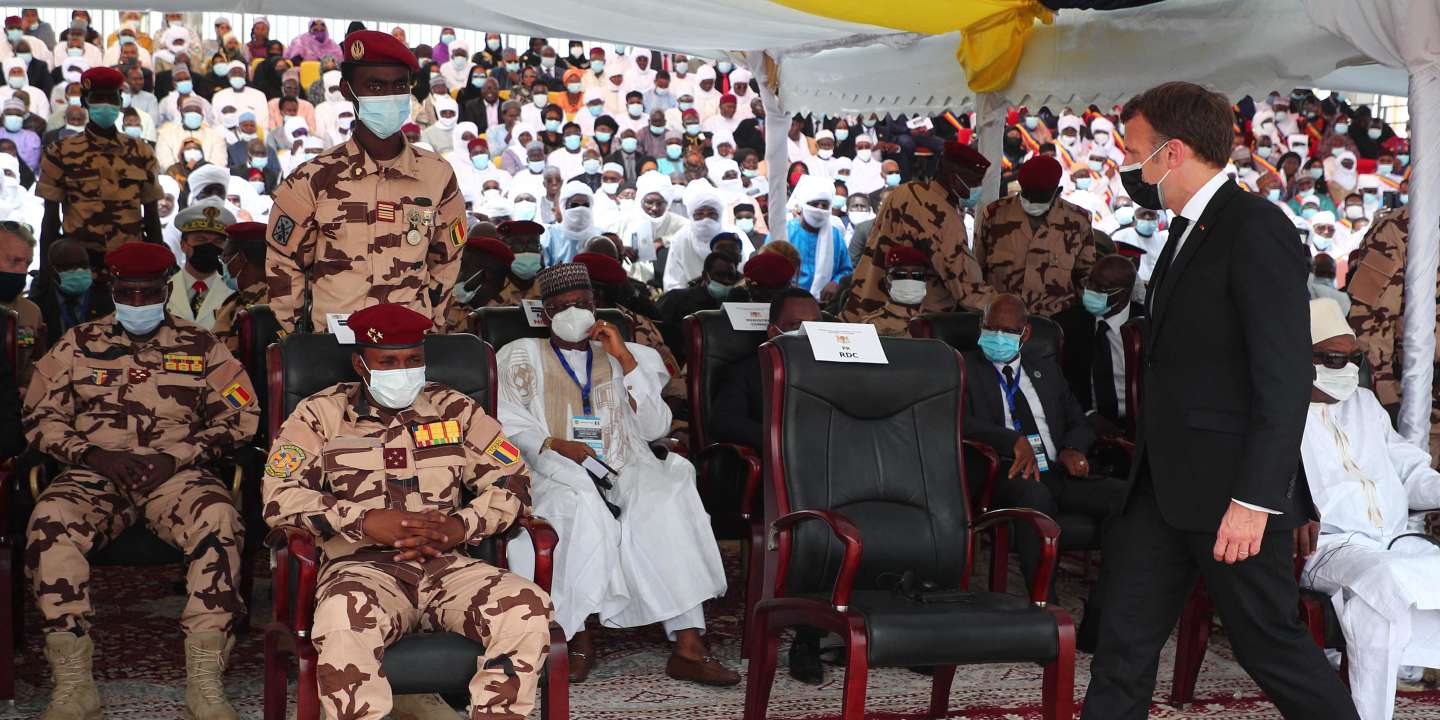Chad President Killed In Combat
By Ethan Wojciechowski
International Writer
For over thirty years Idriss Déby ruled the nation of Chad as its undeniable president. However, nine days following his reelection – in which he purportedly won more than 70% of the vote, with many question the electoral validity – President Déby was pronounced dead by the nation’s military. Marking the end of one of the longest and most tumultuous rules in Africa.

Before his death, he was personally leading his army against rebels outside the city of N’Djamena, Chad’s capital. However, on April 20th, the nation was interrupted by breaking news as Chad’s military announced the leader’s death. They announced that he had succumbed to battle wounds inflicted during the fighting outside the capital. A battle that began the day when he was reportedly reelected as president despite the suspiciously high number.
Instead of transferring power to the parliament, the military has instead dissolved the government and placed Déby’s son, 37-year-old Mahamat Idriss Déby, in power. The military has declared that it will rule for 18 months until they have determined that free and fair elections have been held.
Many have speculated as to how Déby died and have cast doubt on the military’s account of the situation. For one, the official account lacks detail and many citizens are alarmed by the sudden and drastic decision to dissolve the nations government and instead hand the power over to the military. The nation is weary of the future considering its tumultuous history.
The elder Déby himself had come into power thanks to a coup. As the leader of the Patriotic Salvation Movement he ousted the previous president Hissène Habré. Habré was charged in 2016 with a plethora of war crimes, including rape and sexual battery. For the first couple of months Déby was had few committed enemies.

After three months of relative peace and public content, the nation of Chad was again thrown into turmoil. Rebel groups, such as the Movement for Democracy and Development and the Comité de Sursaut National pour la Paix et la Démocratie, repeatedy disrupted and attacked Deby’s government.
At first, Déby attempted to quell the rebels and other objectors attempting to establish a parliament. Basic forms of government were formed, and a Constitution was ratified in 1996. While relative peace was established again, it did not last for long.
In 2005, a civil war between Christians and Muslims erupted and an attempt for a coup d’état was uncovered that involved the shooting of Déby’s plane. For the next fifteen years violence would occur between Déby and those who opposed him, decimating the infrastructure of Chad.

France in particular has seen Deby as a crucial partner in the European nation’s mission to fight Islamic Terror in its former colonies. For France, Déby’s death, and a potential fracturing of relations is a serious blow to the country’s efforts in the Sahel.
For now, violence has apparently subsided, but many in Chad and abroad are concerned for the nation’s future. Recently protests against the undemocratic transference of power broke out in N’Djamena with reports of at least five demonstrators being killed. Many are worried that the violence and tumult of the past is once again on the horizon.
Contact Ethan at ethan.wojciechowski@student.shu.edu
